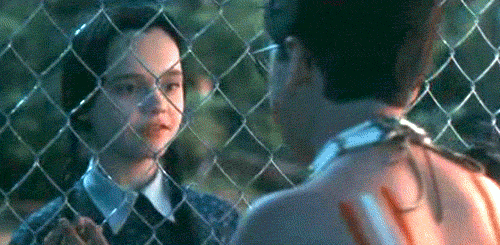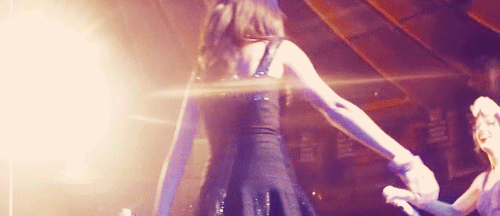Love Is
Some people forget that love is
tucking you in and kissing you
'Good night'
no matter how young or old you are
Some people don't remember that
love is
listening and laughing and asking
questions
no matter what your age
Few recognize that love is
commitment, responsibility
no fun at all
unless
Love is
You and me
Some people forget that love is
tucking you in and kissing you
'Good night'
no matter how young or old you are
Some people don't remember that
love is
listening and laughing and asking
questions
no matter what your age
Few recognize that love is
commitment, responsibility
no fun at all
unless
Love is
You and me
Allusion - N/A
Tone - The tone of this poem is pensive because she's reflecting on what Love is through her perspective.
Figurative Language - The figurative language used in this poem is symbolism. The reason why is because Nikki Giovanni is pointing out what love symbolizes. (ex: Some people forget that love is tucking you in and kissing you "Good night" no matter how young or old you are.)
Figurative Language - The figurative language used in this poem is symbolism. The reason why is because Nikki Giovanni is pointing out what love symbolizes. (ex: Some people forget that love is tucking you in and kissing you "Good night" no matter how young or old you are.)
Theme - The theme in this poem talks about the meaning of Love.
Personal Interpretation - I think that Nikki Giovanni is showing what Love means in her point of view. It doesn't have to be hugging, kissing, laughing, and all these other things to call




